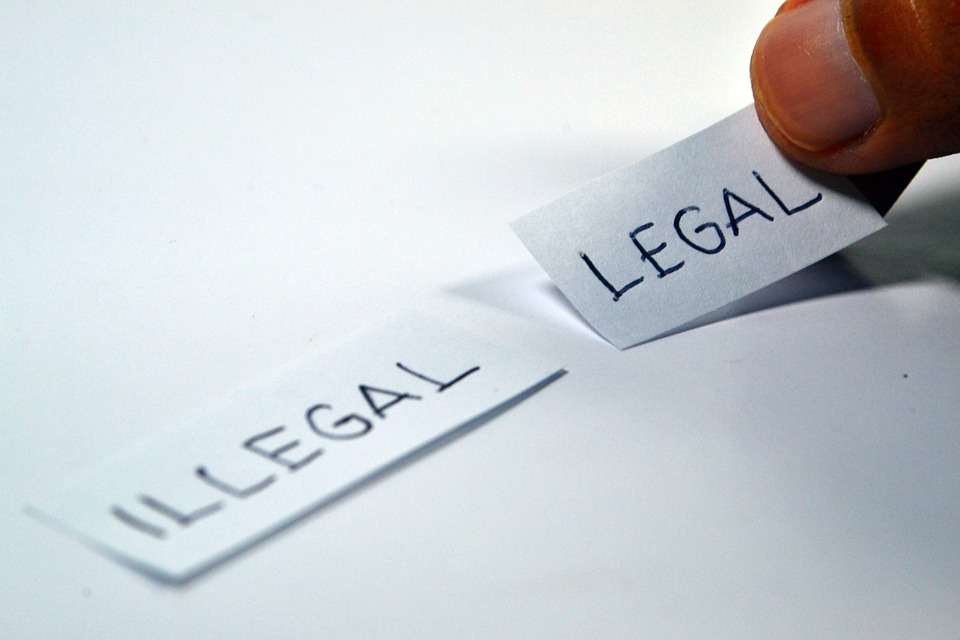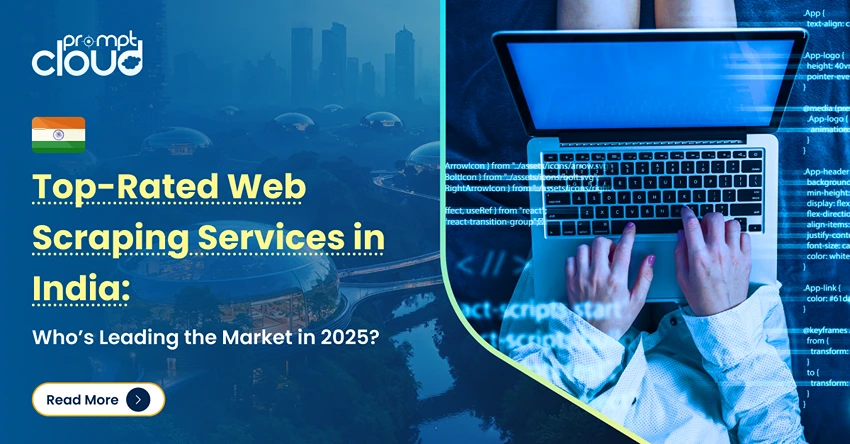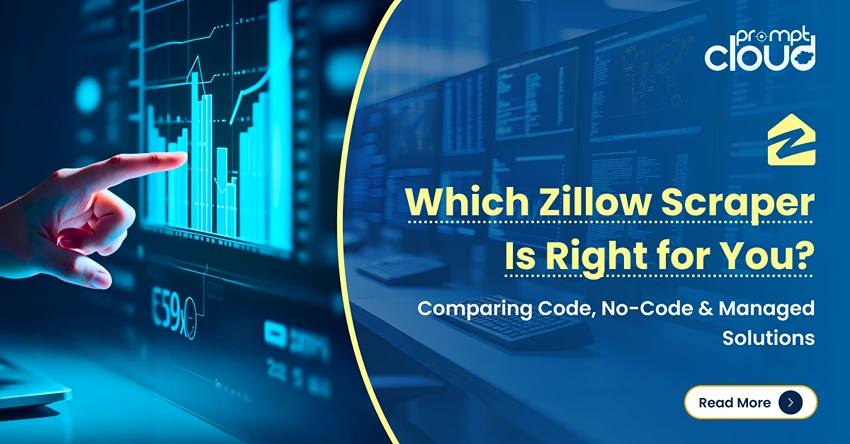
First of all, if the topic of the article seems misleading to you, let me assure you that web scraping is not at all an illegal practice anywhere across the globe. This practice of visiting a web link and harnessing the data linked with it using internet bots or web crawlers or web spiders is an age-old process and it exists from the birth of the world wide web. So, at the first place, before moving further into the whole concept, it’s always better to clear the primary doubts about the legal issues regarding web scraping/crawling process.
Simply put that, search engines like Google, Yahoo and the rest do this same but in a legit way. So, the point is, as a technology, web scraping is a legitimate practice but the implementation of this technology of scraping data is the main issue here and it defines whether it’s legal or illegal.
Let’s start.
Legitimate ways to crawl the web
-
Less throttle.
Simply, go slow. Don’t go hard on the server of the website you are scraping.
Usually, “number of traffic / amount of downloaded data” is an important signal to the web server of any website. So, any abnormal value regarding this issue from a single IP address within a blade of time will cast a deep shadow of doubt on your data scraping process.
Firstly, Websites do employ different bot prevention measures to differentiate a particular web spider from a regular human user and behavioural analysis over a short period of time of the both is the key signal for this. Humans do scroll through a website in a specific manner and they gobble up a known(or somewhat predictable) value of bandwidth for that.
Secondly, repetitive data scraping actions of the bots over a shorter period of time easily help websites to demark them as non-human users. So, the key parameters here are:
- Data scraping rate
- Repetitive scraping actions.
The idea?
Target a website to be scrapped. Launch it and investigate all of the anti-scraping mechanism running beneath it. Get the full picture. Create a clear guideline and write your web scraping spider according to those guidelines. Moreover, this is also known as the ‘Politeness policy or politeness factor‘ for web scraping/crawling.
This politeness factor is a web standard which ensures that any web crawling/scraping process should not affect the overall performance of the website to be scrapped/crawled. If the frequency of the request from a particular web scraper is too high then it will surely consume the greater part of the website’s server bandwidth. As a result, the performance of the website will start to chug. This is also true for the glitchy or poorly developed web scrapers/crawlers as can make a server crash.
-
Robots.txt
Robots.txt stands for robots exclusion standards or robots exclusion policies. Every website has its own policy for web spiders and the parameters are:
- the frequency of requests
- allowable directories for data scraping.
In this new age of data supremacy, the issue of data privacy is also becoming one of the mainstream concerns for webmasters. They don’t want to share their every bit of data with the rest of the web. Supportingly, companies like Distil networks’ are offering ‘anti-bot’ and anti-scraping types of services to their clients and they are pretty vocal about the dormant approach of the other companies towards this issue.
So, before you push your web scraping spider to any website, go through the robots.txt file of the same and this is a fence busting parameter. Either you follow the robots.txt standard of the website or chances are high for your scraper to get blacklisted.
-
Rotate IP addresses & Proxy Services
It’s not even a hard question for a website to track a web spider if it’s continuously sending page requests to that website from a single IP address. It’s close to impossible or somewhat weird for a human user to execute these types of requests over such a short period of time.
Now, to make your web spider more difficult to be traced by any website use a pool of IP addresses and use them in a random manner for each request. The point is, you do need to go for a programmatic change of IP identities while scraping from a website. Services like, VPN, shared proxies and programmes like TOR for hiding identities can appear handy for this purpose.
-
User Agent Spoofing
This is a technique of using multiple user-agent headers while requesting. As, every single user is assigned with an user-agent header so, using the same user-agent header over and over while requesting for pages leads to the detection of your web spider as a bot.
If you are setting up your user agents to a regular web browser and spoof them to have a list of valid user-agents, each of them will appear like a normal user to any website and you can randomly use them while requesting.
-
Distributed web crawling/scraping
It’s also known as ‘parallelization policy‘. As named, the sole purpose of this technique is to run a web crawler which can run multiple crawling processes in parallel. The main idea with this process is to obtain a maximum data download speed without exerting much pressure on the web servers. This technique also prevents multiple downloads of the same web element which results in a less number of HTTP requests from the web crawlers to the web servers.
Eventually, there are other allied issues regarding legitimate implementation of web scraping and for sure that the international law is looking into this tech riddle. As of now, there is nothing as such which can brand web scraping as an illegal practice unless copyrights and other web standards are not getting violated.
So, what’s your take? Always, feel free to share your views on this issue with us.




















